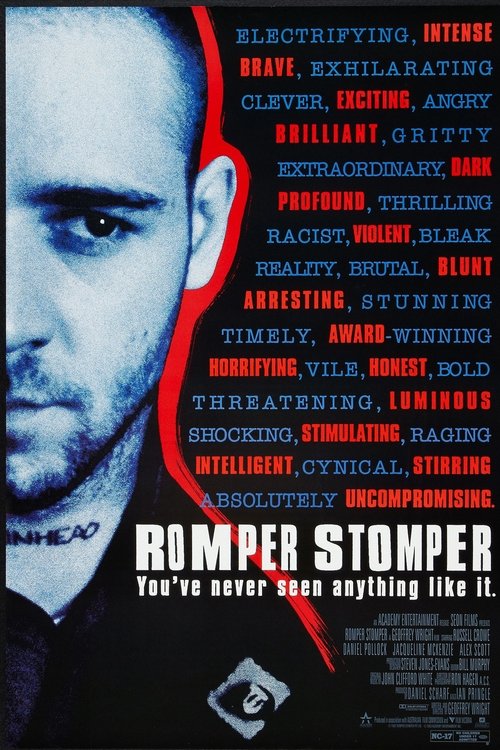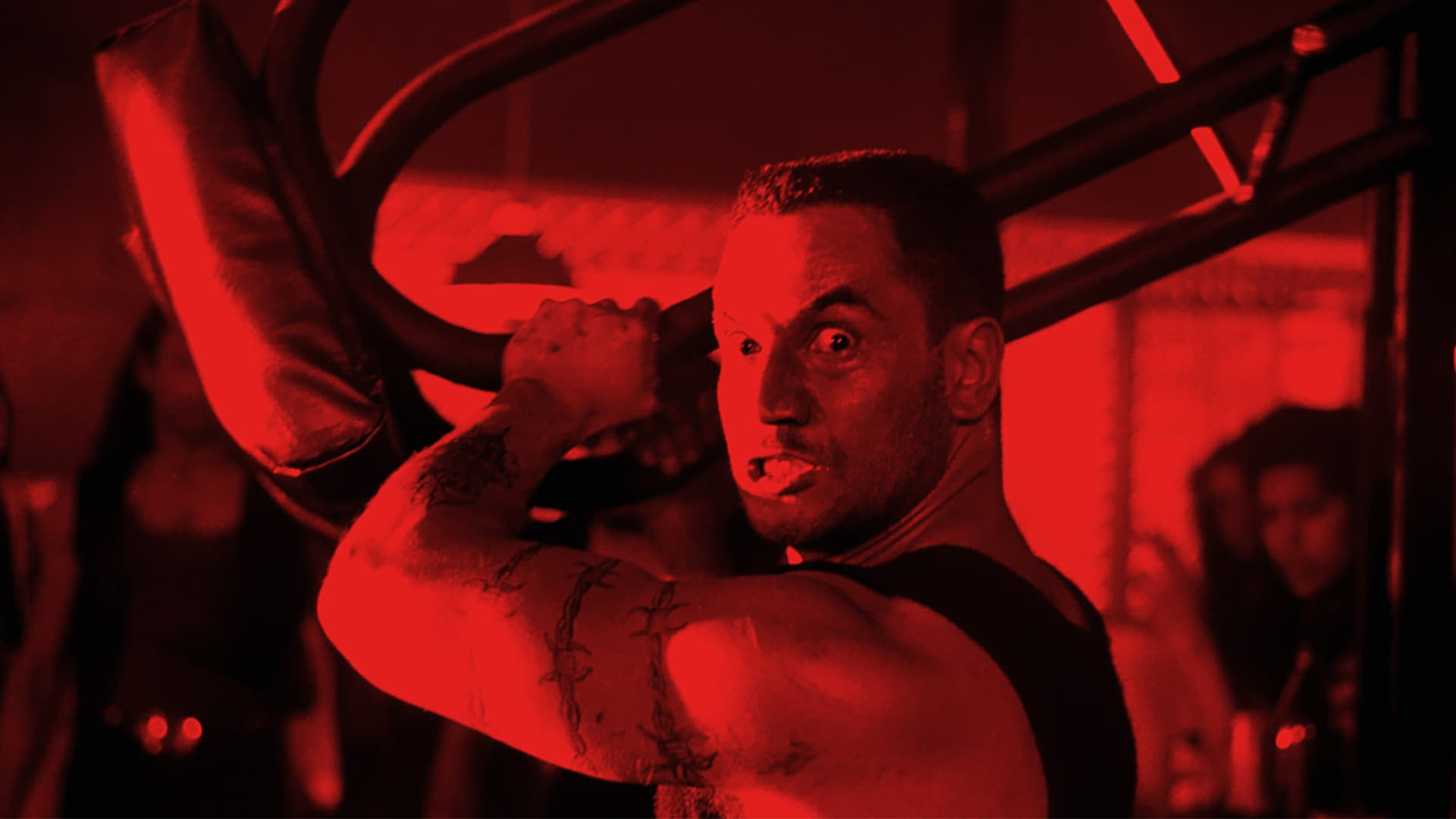
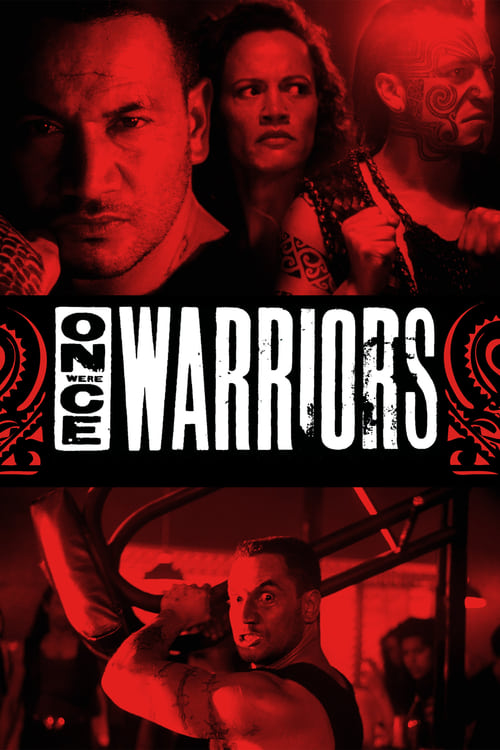
7.4
Summary
A drama about a Maori family living in Auckland, New Zealand. Lee Tamahori tells the story of Beth Heke’s strong will to keep her family together during times of unemployment and abuse from her violent and alcoholic husband.
Cast
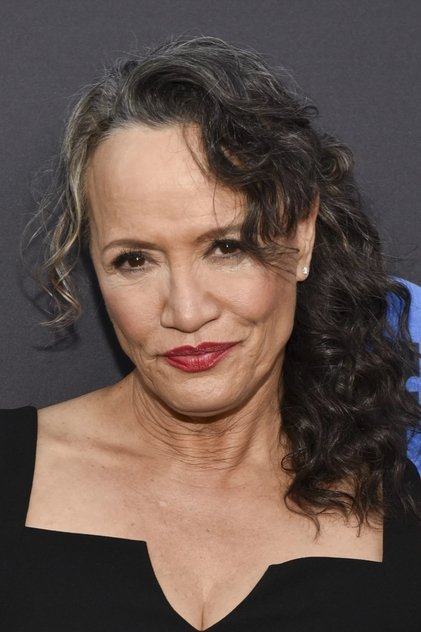
Rena Owen
Beth Heke
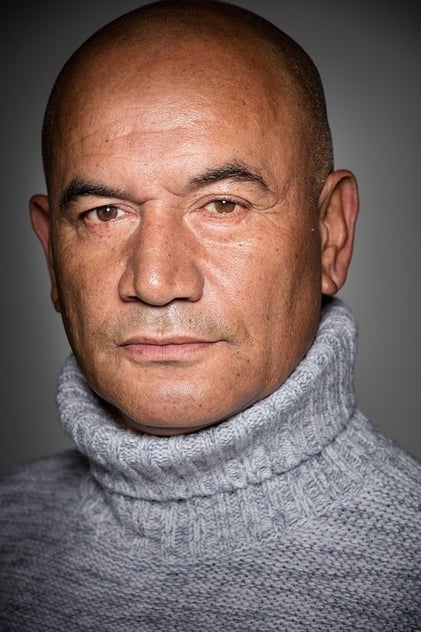
Temuera Morrison
Jake Heke
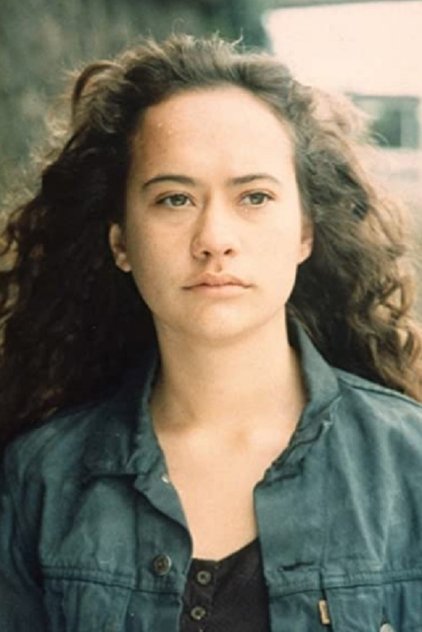
Mamaengaroa Kerr-Bell
Grace Heke
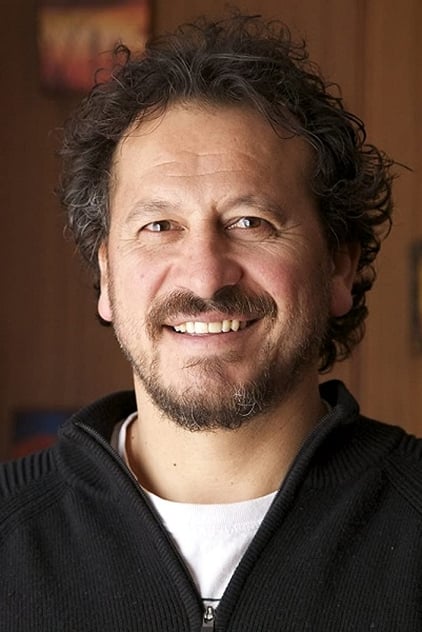
Julian Arahanga
Nig Heke

Taungaroa Emile
Mark 'Boogie' Heke

Rachael Morris Jr.
Polly Heke
Joseph Kairau
Huata Heke
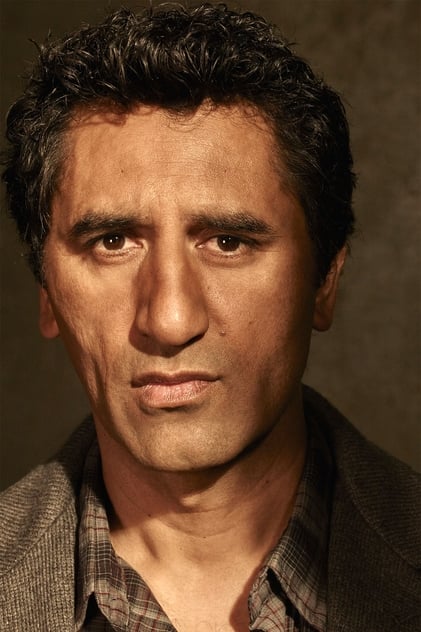
Cliff Curtis
Bully
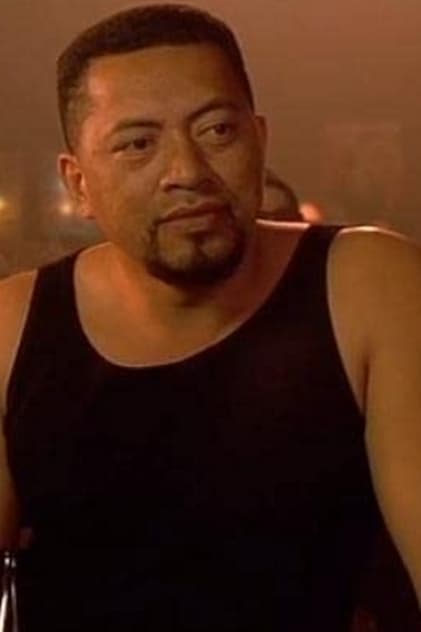
Pete Smith
Dooley
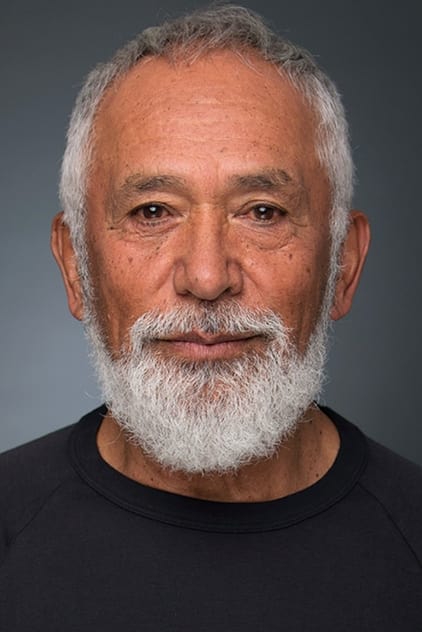
George Henare
Bennett
Mere Boynton
Mavis
Shannon Williams
Toot
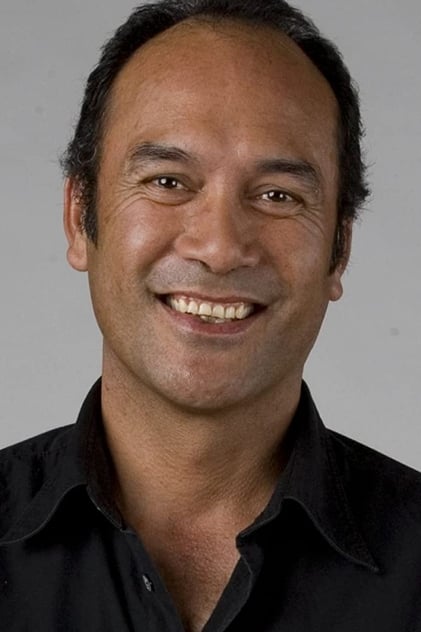
Calvin Tuteao
Taka
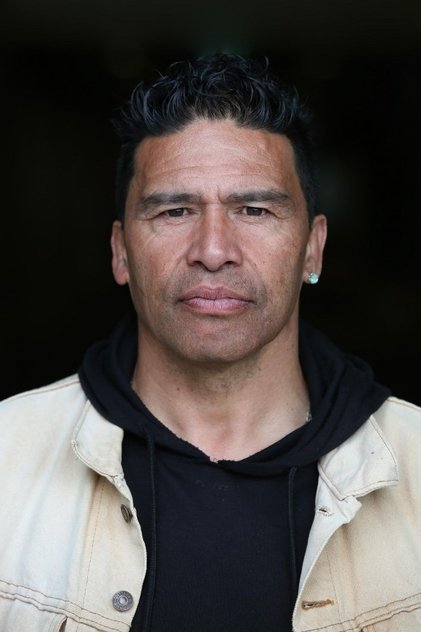
Ray Bishop
King Hitter
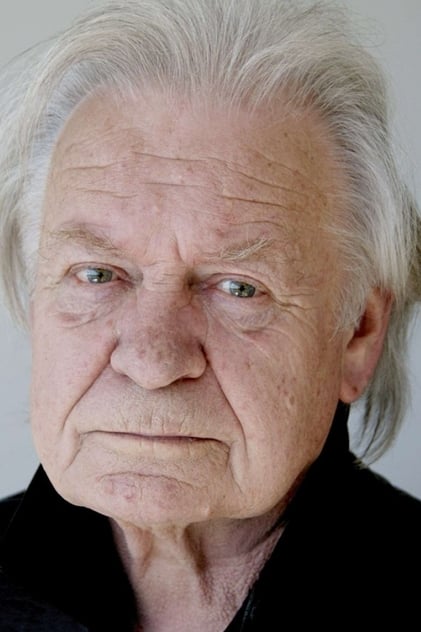
Ian Mune
Judge
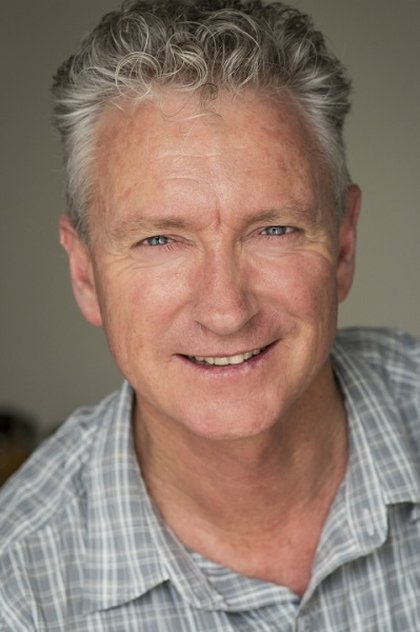
Robert Pollock
Policeman
Donald V. Allen
Jake's Mate (as Donald Allen)
Crew
Director
Lee Tamahori
Author
Alan Duff
Screenplay
Riwia Brown
Reviews
FilipeManuelNeto
May 29, 2023
10
**The power and importance of cultural roots.**
This was the first New Zealand film I saw, at least as far as I remember and am aware of that. It's a violent film, with a raw brutality that shocks us by how authentic it sounds. Domestic violence? Child rape? It's not something you only see in the movies. It's something you see in a newspaper. That's what shocks us the most: knowing it's something real. And I warn you now: there are violent films, but this one is really intense and shocking... a lot.
The film takes place in Auckland, in a poor suburb built by the State for people with very low incomes. There lives an overwhelmingly Maori population, apparently on the margins of Anglo-Saxon, white and elegant society. This country ceased to be a colony a long time ago but, as happens in many places in the world, the dominant ethnic group is still that of European descendants and there is a certain dominant racism. In the midst of this, this Maori population seems lost, aimless in the midst of vices and crime. Will that be reality? I don't know, but a quick search of some New Zealand newspapers indicates that the problem is real.
Lee Tamahori did a good job of preventing this film from becoming something it shouldn't be, that is, a tearful drama or an anti-racist manifesto that is no longer given the attention it deserves. Instead, the director starts from this base and makes a blunt and sincere affirmation of the importance of searching for cultural roots and the way in which this changes our way of being and our attitude in life. Why does Jake Heke do what he does? Because he cut all ties with his culture and roots after he ran away with his wife in order to get married. In doing so, he took refuge in violence. The children would also suffer from this, and only a reencounter with their roots can give them the guidance in life that they so badly need, and that they instinctively seek.
The film has excellent cinematography and visuals. Personally, I don't really like the graphics that were used for the opening and ending credits, I think they are out of character for the movie, but that's just my opinion. Discreet in the effects, soundtrack and sounds, it is a film that seeks to be effective but discreet, in order to give the story and the actors all the space to have our full attention. Even so, the settings are worth seeing, particularly the Heke house and the wrecked car where Toot, a homeless young man, lives.
The film has an excellent direction, screenplay and sets, but none of it would work well without competent actors. Rena Owen largely fulfills this requirement with a work worthy of being studied by aspiring actors. The actress is extraordinary, she does such a good job that it's hard to understand why the film wasn't considered, at least, for the Oscar for Best Actress (is it because she didn't have that week in Los Angeles that the Academy demands?) . The work of Temuera Morrison and Mamaengaroa Kerr-Bell also deserves a note of praise.
Media
Status:
Released
Original Language:
English
Budget:
$950,000.00
Revenue:
$6,700,000.00
Keywords
Recommendations

What Becomes of the Broken Hearted?
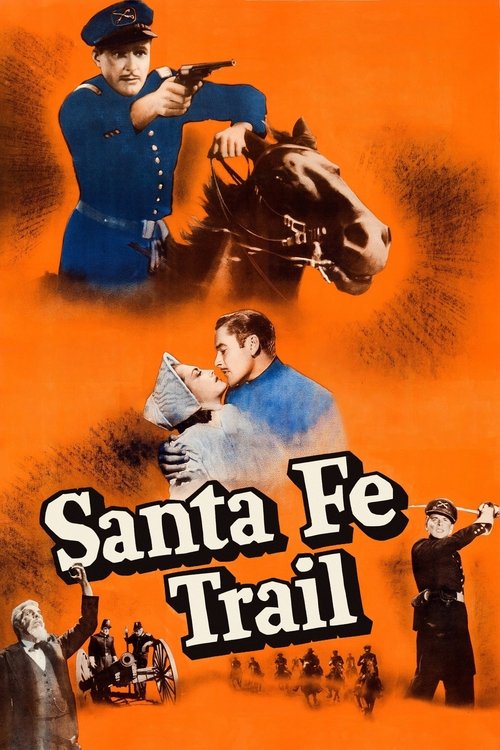
Santa Fe Trail
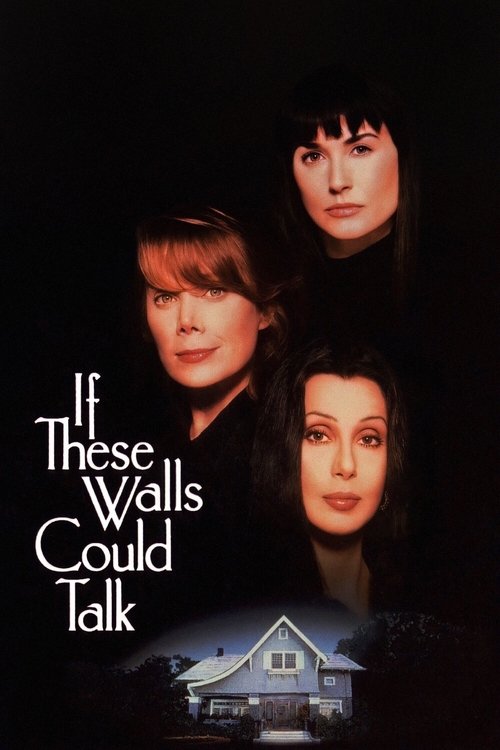
If These Walls Could Talk
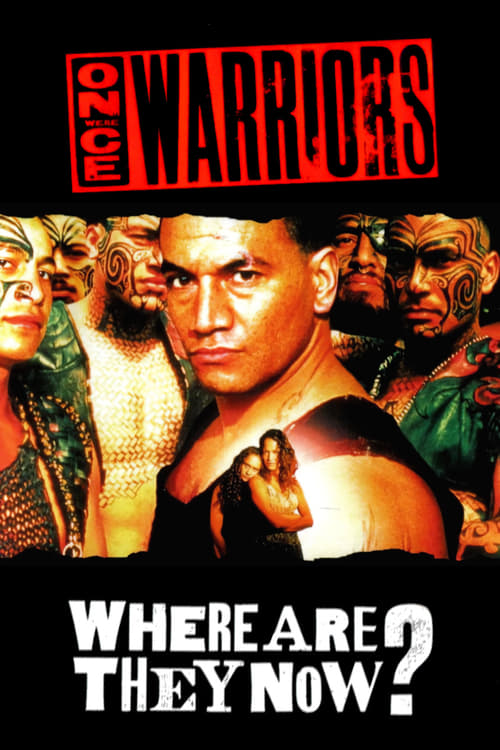
Once Were Warriors: Where Are They Now?
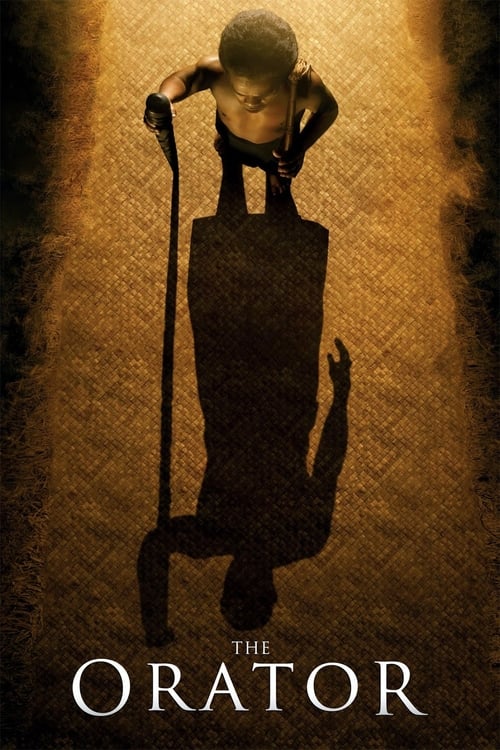
The Orator

Fantasías

Arthur Janov's Primal Therapy
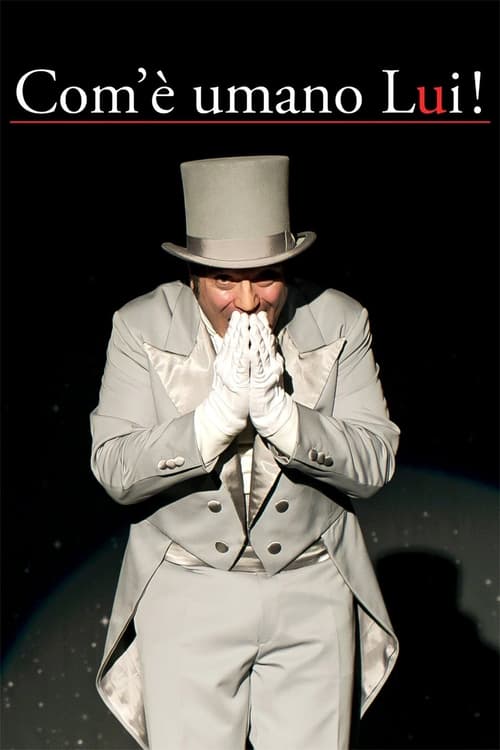
Com’è umano lui!

Thirst
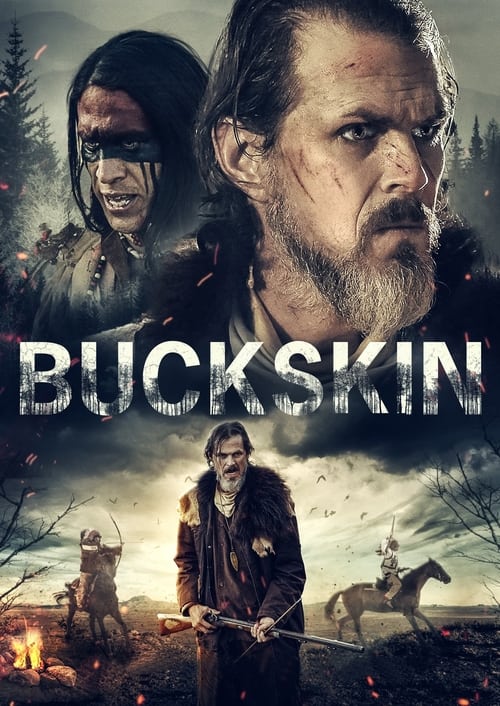
Buckskin
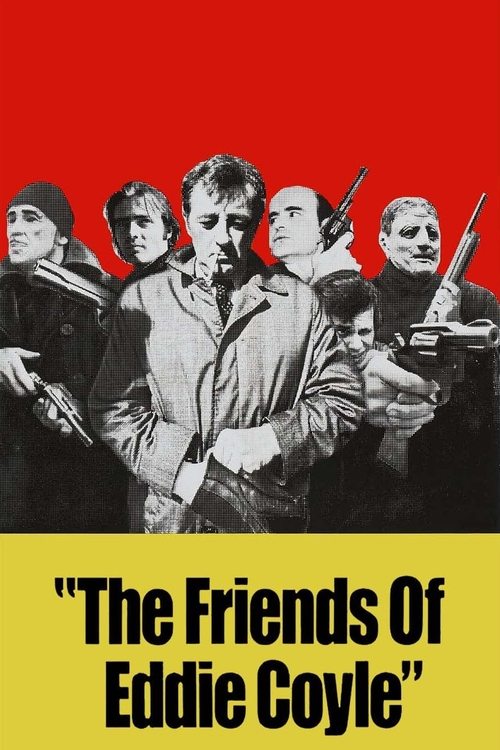
The Friends of Eddie Coyle
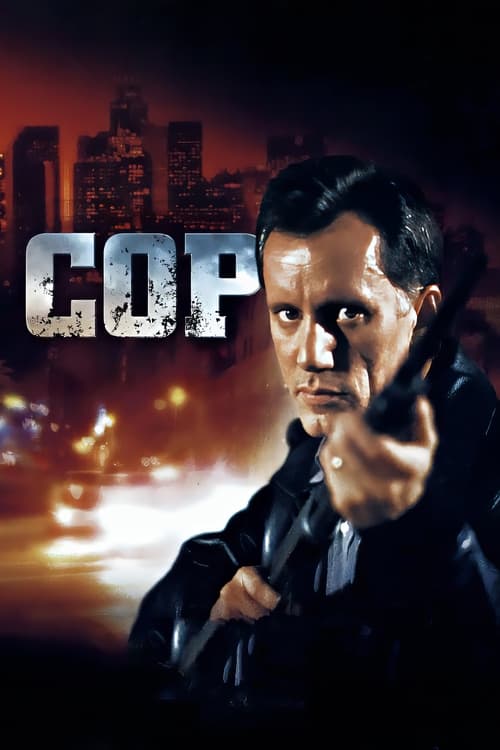
Cop
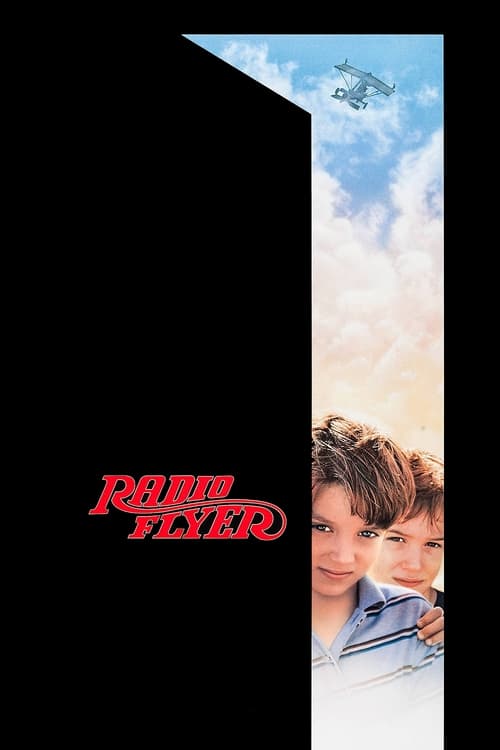
Radio Flyer
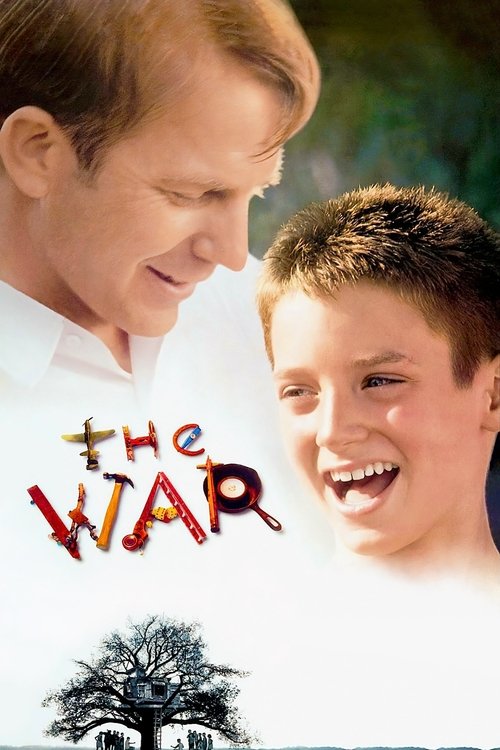
The War
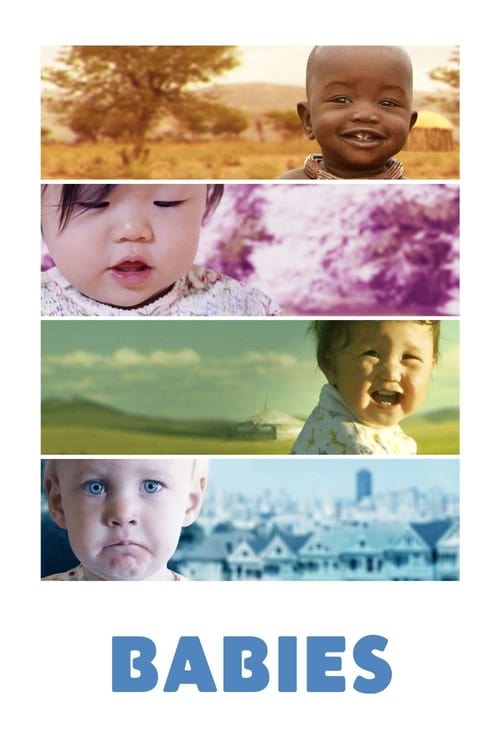
Babies
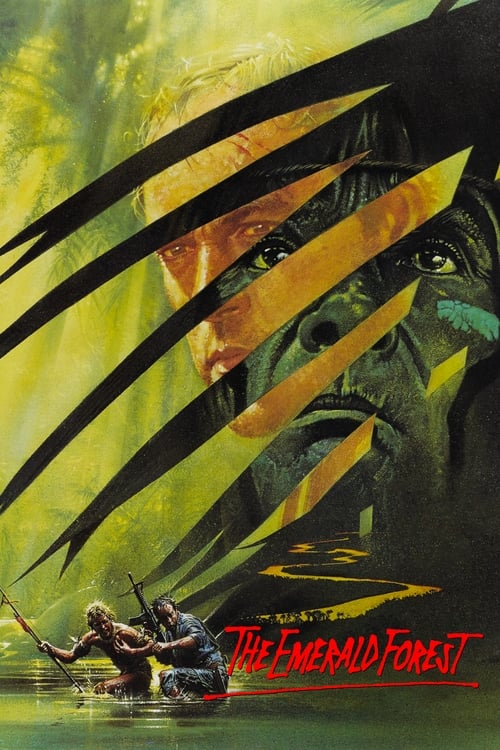
The Emerald Forest

The Lion in Winter
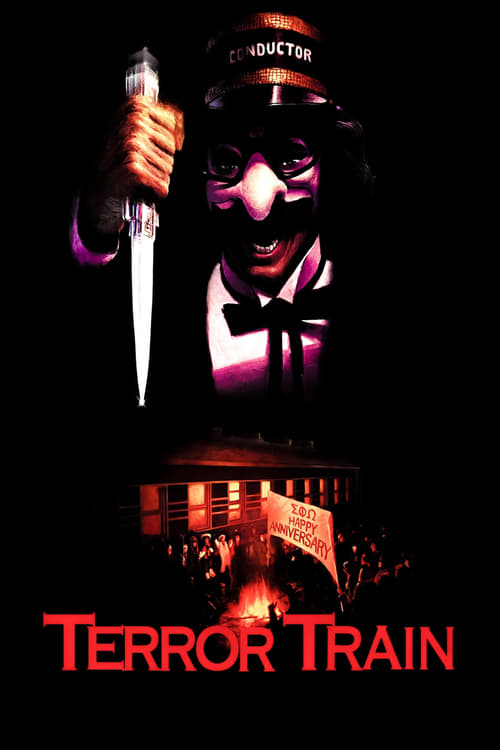
Terror Train
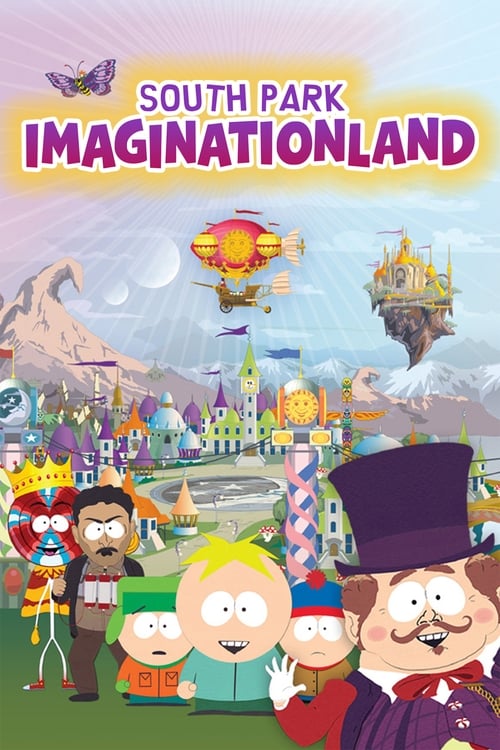
South Park: Imaginationland
